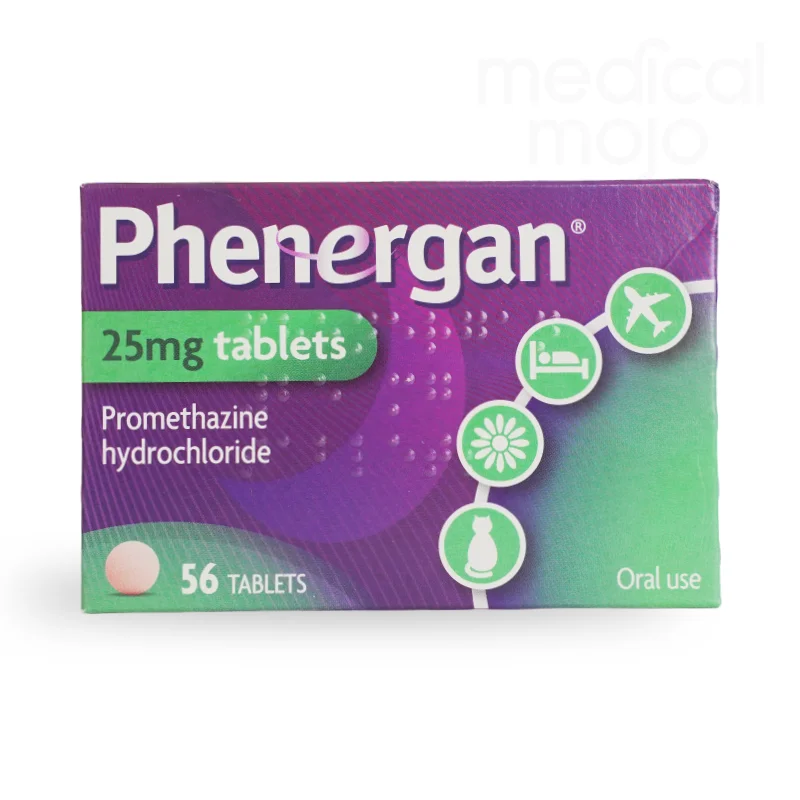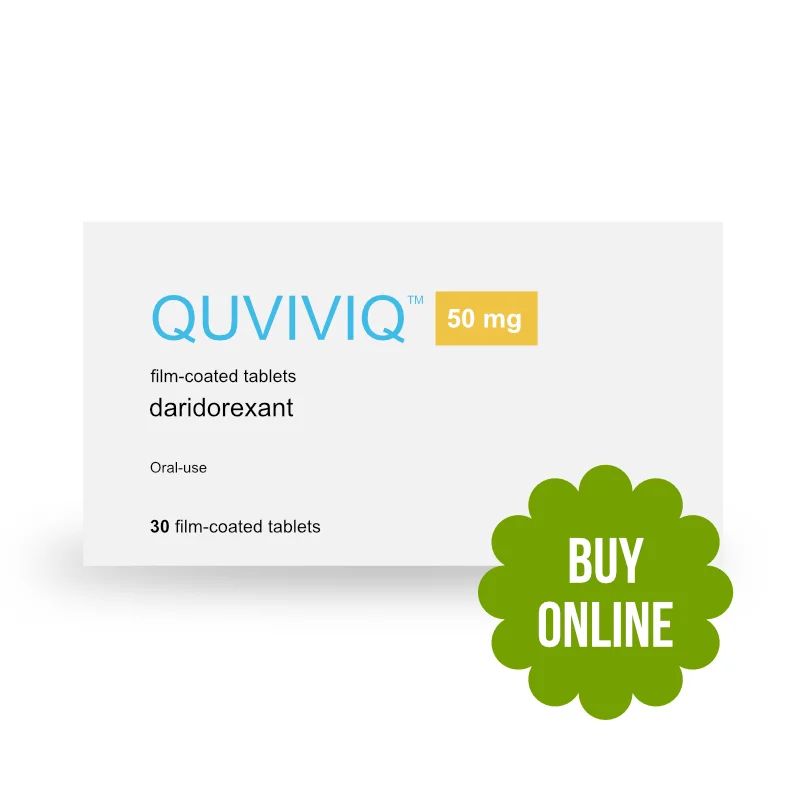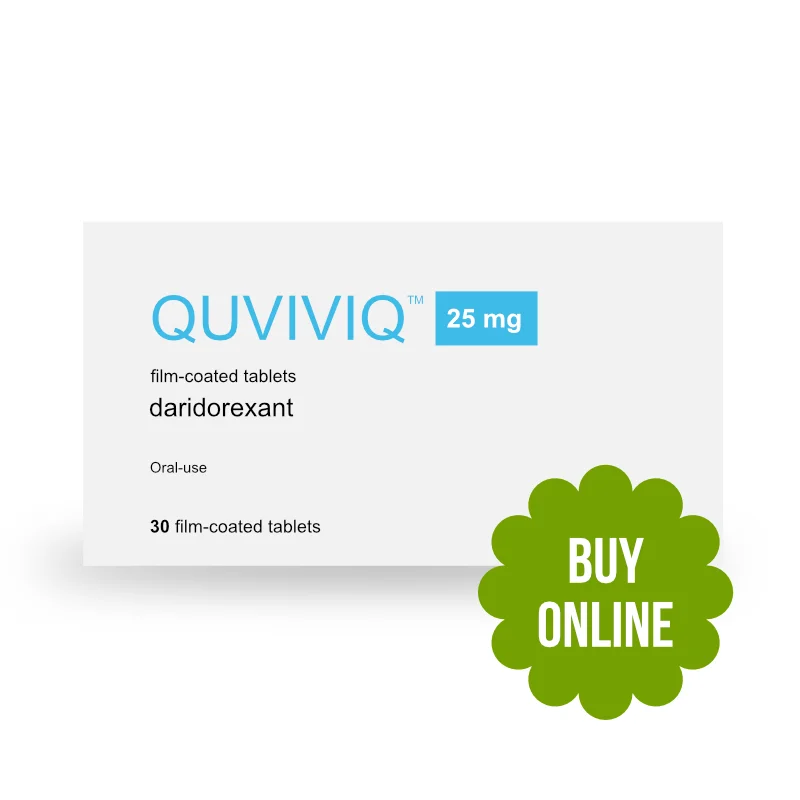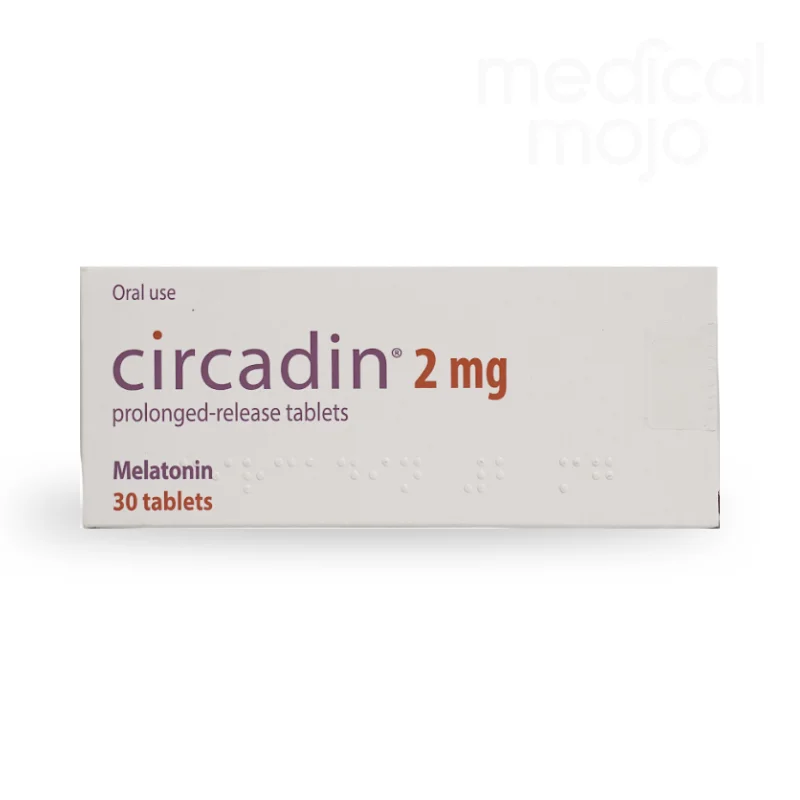What is Phenergan?
Phenergan, containing the active ingredient promethazine, is an antihistamine often used to promote sleep due to its sedative properties. It works by blocking certain receptors in the brain, not only alleviating allergy symptoms but also inducing a calming effect. This makes Phenergan particularly useful for individuals needing help with relaxation and managing sleep disturbances related to allergies. However, its strong sedative effects mean it should be used carefully under medical supervision to avoid impairing activities that require alertness.
What is the active ingredient in Phenergan?
The active ingredient is promethazine.
How does Phenergan work?
Phenergan, which contains promethazine as its active ingredient, primarily functions as an antihistamine. It works by blocking histamine receptors in the brain and other parts of the body. Histamine is a chemical released during allergic reactions that contributes to inflammation, swelling, and the typical symptoms of an allergy like itching and runny nose.
In addition to its antihistamine properties, Phenergan affects other receptor systems in the body:
- It blocks certain acetylcholine receptors, which helps reduce nausea and motion sickness.
- It has sedative effects because it also influences the central nervous system, inducing a calming effect which can be beneficial for inducing sleep.
These actions make Phenergan effective not only in treating allergic reactions but also in managing conditions like insomnia, nausea, and motion sickness by calming and stabilizing bodily responses.
How do you use Phenergan?
Ensure that you always use this medication as instructed in the accompanying leaflet or as advised by your doctor or pharmacist. If you are uncertain, consult with your healthcare provider. The appropriate dosage of Phenergan Tablets depends on the reason for use. The guidelines below can help determine the necessary amount:
How to Take Phenergan:
- Administer orally.
- Do not use for more than 7 days.
- If symptoms worsen or do not improve after 7 days, consult your doctor or pharmacist.
- Follow dosage recommendations strictly and avoid exceeding the suggested amount.
- If you feel the medication's effect is too weak or too strong, consult your doctor before adjusting the dose.
Dosage Instructions:
- For allergies (e.g., hay fever, rashes, hives):
- Children 6-10 years: One 25mg tablet at night. Do not exceed 25mg per day.
- Children over 10 years and adults (including the elderly): Start with one 25mg tablet at night. If needed, increase to one 25mg tablet twice a day.
- For prevention and treatment of nausea and vomiting (e.g., travel sickness):
- Children 6-10 years: Use Phenergan Elixir.
- Children over 10 years and adults (including the elderly): One 25mg tablet the night before travel. A second dose can be taken 6-8 hours later if necessary.
- As a short-term pediatric sedative and for short-term treatment of adult insomnia:
- Children 6-10 years: One 25mg tablet at night.
- Children over 10 years and adults (including the elderly): One or two 25mg tablets at night.
In Case of Overdose:
- Immediately inform a doctor or visit an emergency department if you or your child takes more Phenergan Tablets than recommended. Bring the medication packaging for reference. Overdose symptoms may include seizures, reduced consciousness, coma, irregular heartbeat, and depressed breathing. Children might also experience hyperactivity, involuntary movements, hallucinations, and cognitive impairments.
If You Miss a Dose:
- Do not double the dose to compensate for a missed one.
- If taking for an allergic condition, take the missed dose as soon as you remember, then continue as usual.
- If taking for sedation or sleep issues, skip the missed dose and take the next dose the following evening as scheduled.
For any further questions regarding this medication, consult your doctor or pharmacist.
Phenergan FAQs
What is Phenergan used for?
Phenergan is primarily used to treat allergy symptoms like itching, runny nose, and hives. It's also used to prevent motion sickness, treat nausea and vomiting, aid in sedation, and as a short-term treatment for insomnia.
How should Phenergan be taken?
Phenergan can be taken orally in the form of tablets or syrup. It's important to follow the dosage instructions provided by your healthcare provider or as indicated on the packaging.
Can children take Phenergan?
Phenergan should not be used in children under 6 years old due to the risk of severe breathing problems. For older children, the dosage will vary based on age and weight.
Are there any medications that should not be taken with Phenergan?
Yes, Phenergan should not be taken with monoamine oxidase inhibitors (MAOIs), a type of antidepressant, or other medications that cause drowsiness unless directed by a doctor.
What are the common side effects of Phenergan?
Common side effects include drowsiness, dizziness, dry mouth, blurred vision, and constipation. If any of these effects persist or worsen, contact your healthcare provider.
Can Phenergan be used during pregnancy?
Phenergan should only be used during pregnancy if clearly needed and directed by a healthcare provider. Discuss all potential risks and benefits with your doctor.
Is it safe to drive or operate machinery after taking Phenergan?
Since Phenergan can cause drowsiness and dizziness, it's advised to avoid driving or operating machinery until you know how the medication affects you.
What should I do if I miss a dose of Phenergan?
If you miss a dose, take it as soon as you remember. However, if it's almost time for your next dose, skip the missed dose and resume your regular schedule. Do not double the dose to catch up.
Can Phenergan cause allergic reactions?
Yes, Phenergan can cause serious allergic reactions, with symptoms including rashes, itching, difficulty breathing, and swelling of the face, lips, throat, or tongue. Seek immediate medical attention if you experience these symptoms.











